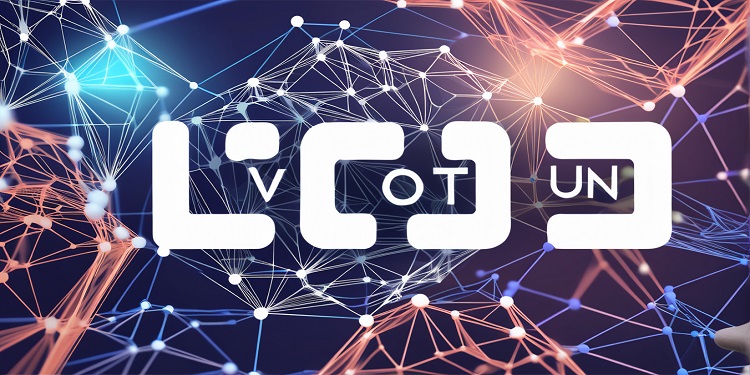 With the rules for initial coin offerings to be finalized by mid-2019, the UAE will join the ranks of the world’s top crypto-asset financial markets and be one of the leading regional destinations for blockchain-related companies and investments, experts say.
With the rules for initial coin offerings to be finalized by mid-2019, the UAE will join the ranks of the world’s top crypto-asset financial markets and be one of the leading regional destinations for blockchain-related companies and investments, experts say.
This initiative will add the UAE, the second largest economy in Arabia, to the growing list of global regulators that have decided to standardize ICOs. Japan’s Financial Services Agency pre-registers cryptocurrency exchanges, while the Department of Financial Services of New York State issues BitLicense to companies that want to operate in virtual currencies.
Hans Fraikin, chief executive of Libra Project in Abu Dhabi, which is issuing equity tokens in green utility infrastructure said “The UAE is perfectly positioned to be a global leader in the ICO space.”
For Tokenized start – ups using encrypted blockchain technology, the UAE is the world’s most advanced and promising jurisdiction, as Mr Fraikin said at the moment. The Abu Dhabi Global Market, one of the region’s fastest growing financial hub, and the Dubai International Financial Center are both keen to implement crypto-exchange law in 2019.
Fraikin said “If they succeed as planned, they will be at the forefront of this new burgeoning global securities sector.”
Other national regulators and larger jurisdictions, with the exception of a few smaller jurisdictions such as Malta and Gibraltar, are still trying to find out how to regulate the new cryptoasset industry. The Securities and Commodities Authority (SCA) of the United Arab Emirates, which supervises and monitors the markets, has approved ICOs as securities and will work with the Abu Dhabi Securities Exchange and the Dubai Financial Market to develop trading platforms for ICOs next year.
Andrea Bonaceto, chief executive of Eterna Capital – a fund management firm in London, said “Being one of the first jurisdictions looking to regulate ICOs… the UAE is at the forefront of the industry. Owing to the government’s efforts to keep actively modernising its financial infrastructure, the UAE will become a competitive location to attract ICOs and blockchain related investments in 2019.”
In the past, some efforts were made on this front with the development of programs such as the ConsenSys Academy, whose first class of blockchain developers graduated in Dubai in October of last year.
Bonaceto said that large numbers of ICOs launched in 2017 and early 2018 are going through a difficult time.
He said “While this could be explained by a dramatic downward price correction experienced in 2018, in most circumstances it could have been prevented [to some extent] with a better treasury management.”
ICOs offer crowdfunding opportunities for smaller companies other than Internet platforms. According to ICO Rating, a global rating agency for the cryptocurrency market, they raised $ 3.3 billion (Dh12bn) through 412 projects in the first quarter of 2018.
Obaid Al Zaabi, chief executive officer of Emirates Securities and Commodities, told The National last week that ICOs are an opportunity to finance small and medium – sized enterprises and a new way of crowdfunding away from traditional tools.
Raghu Yadav, vice president of cryptocurrency start-up MetaBit in Beijing, said “ICOs are a global phenomenon… while looking at rapid developments in other domains like artificial intelligence, robotics and transportation – many global players will prefer UAE if there are clear regulations governing ICOs.”
In addition to fueling the global industry, having more players in this field will also add value to the ambitions of Abu Dhabi’s own blockchain, said Yadav. In April of this year, the UAE unveiled the Emirates Blockchain Strategy 2021, which aims to switch nearly 50% of government transactions to three-year blockchain platforms.
The government of Dubai has its own strategy to help the Emirates become the world’s first city to be fully powered by the blockchain by 2020.








